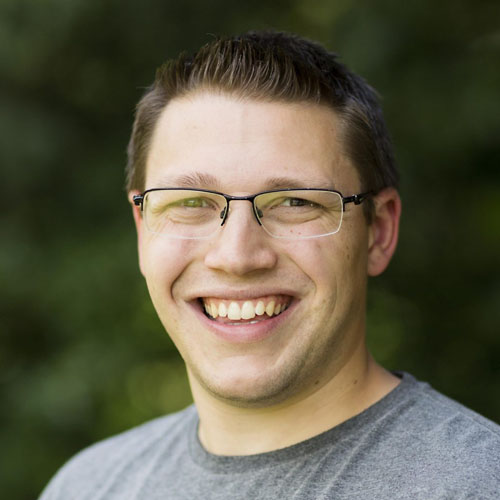
Dietrich Bonhoeffer, the German pastor, theologian and resistance member established a seminary at Finkenwalde to train pastors for the Confessing Church (1935). Here, under rising threat from the Nazis, future pastors of the Confessing Church came to experience community and prepare for leadership.
The start of the academic year is a good point to reflect on Finkenwalde and consider what we might learn from the experience of the students there.
1. Learn to be together
One of the biggest challenges I see facing Christians today is the need to overcome individualism in order to participate in the community of God. Bonhoeffer recognised that his students needed to participate in genuine Christian fellowship before they could lead faithful churches. As one student from Finkenwalde recalled
“Bonhoeffer wanted a genuine, natural community… and this community was practiced in play, in walks … during evenings spent in listening to someone reading … in making music and singing … in worship together and holy communion.” (Hans-Werner Jensen in Zimmermann & Smith, 1966, p. 155)
2. Learn to be alone
In our always-on world of emails, social media, Netflix and 24-hour fast food, it can feel impossible to really switch off and be still. Each day at Finkenwalde began with half an hour of silence. Following breakfast, students had private devotions, meditating on a short passage over the week. When the day was finished, students returned to their rooms in silence, which was kept until bedtime (Marsh, 2014, pp. 232–234).
It’s unlikely that your experience, even if you’re on campus, will be the same as the students at Finkenwalde, but I encourage you to make the most of the opportunity to create new rhythms this year. Make time each day to find a quiet space where you can be alone with God. Allow yourself to switch your phone off at night, delete the apps you know will distract you, and learn to be alone, so that you can be fully present.
3. Learn to serve others
Bonhoeffer was committed to training students for ‘a new life “in existence for others”, through participation in the being of Jesus’ (Bonhoeffer, 1997, p. 381). As Jesus taught the disciples, we must learn to serve others. But serving others is not just for when you finish college, it starts now. Look for ways to serve one-another around campus or on block weeks, go out of your way for those who are serving you, and find ways to bless and serve your placement.
As Bonhoeffer writes:
The other service one should perform for another person in a Christian community is active helpfulness. To begin with, we have in mind simple assistance in minor, external matters. There are many such things wherever people live together. Nobody is too good for the lowest service. Those who worry about the loss of time entailed by such small, external acts of helpfulness are usually taking their own work too seriously. (Bonhoeffer, 2005, p. 99)
4. Learn to take a stand
Six months after the first students moved into Finkenwalde, the Nazis made seminaries like Finkenwalde illegal and their qualifications invalid. Members of the Confessing Church soon faced arrest and imprisonment, and Finkenwalde was closed by the Gestapo in 1937. Students at Finkenwalde were not preparing to settle into comfortable ministry positions. Bonhoeffer trained his students ‘in the midst of enemies’ (Bonhoeffer, 2005, p. 27) to resist the growing nationalism, racism, and suppression of freedom that was spreading through Germany in the 1930s.
Karl Barth, another theologian of the Confessing Church, encouraged his students to read the Bible in one hand and the newspaper in the other. We must not see our time as students as a ‘three year vacation’ in an ‘artificial theological community’ (Hopewell, 1967, p. 158), but must learn to apply what we learn and stand against evil as we seek to further God’s kingdom.
Whether you are a new or returning student, I pray that you may walk closely with God this year, taking each step as a faithful disciple on the journey.

Tim Cadoux is our Centre Manager at our South West Regional Centre.




